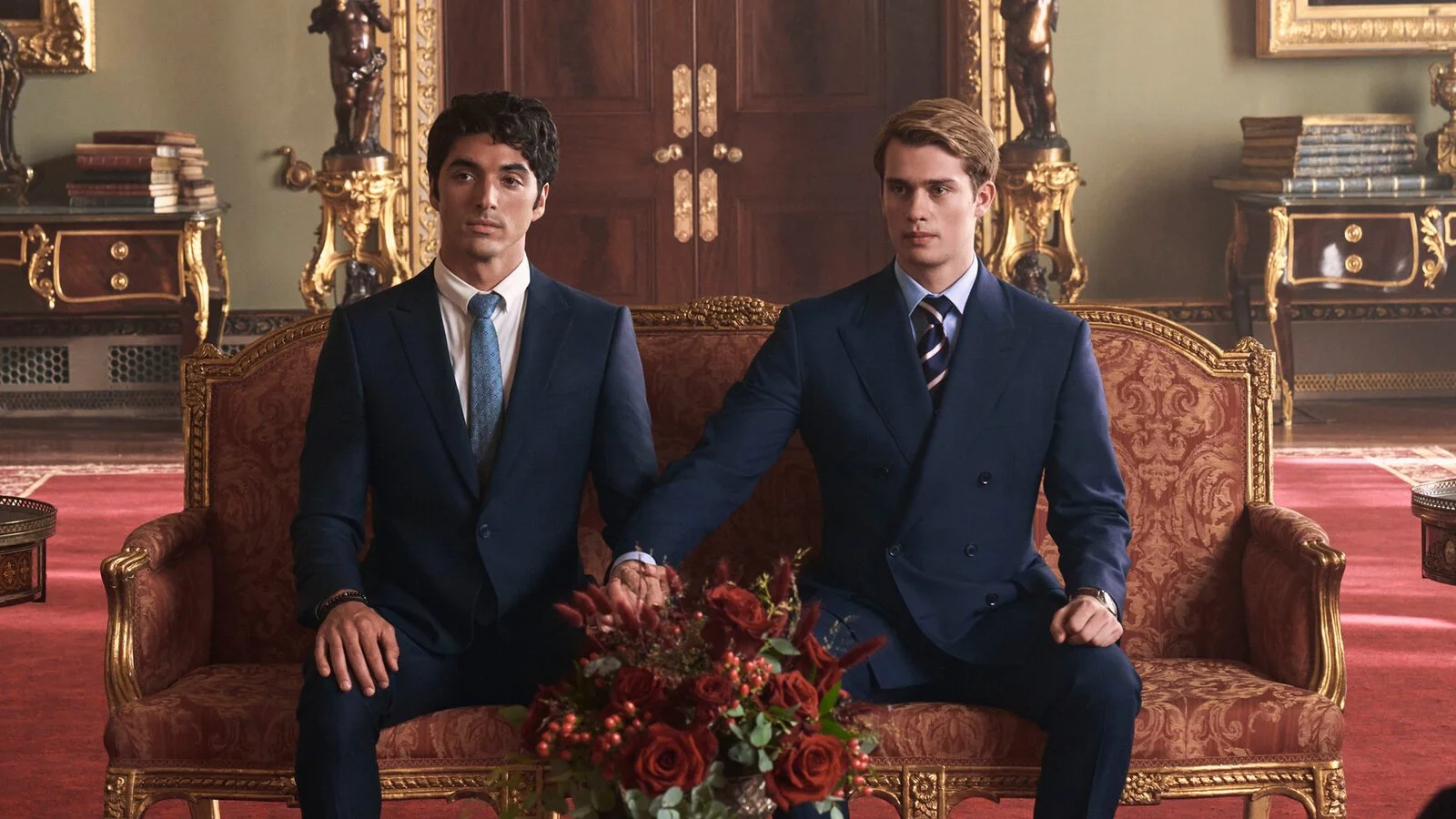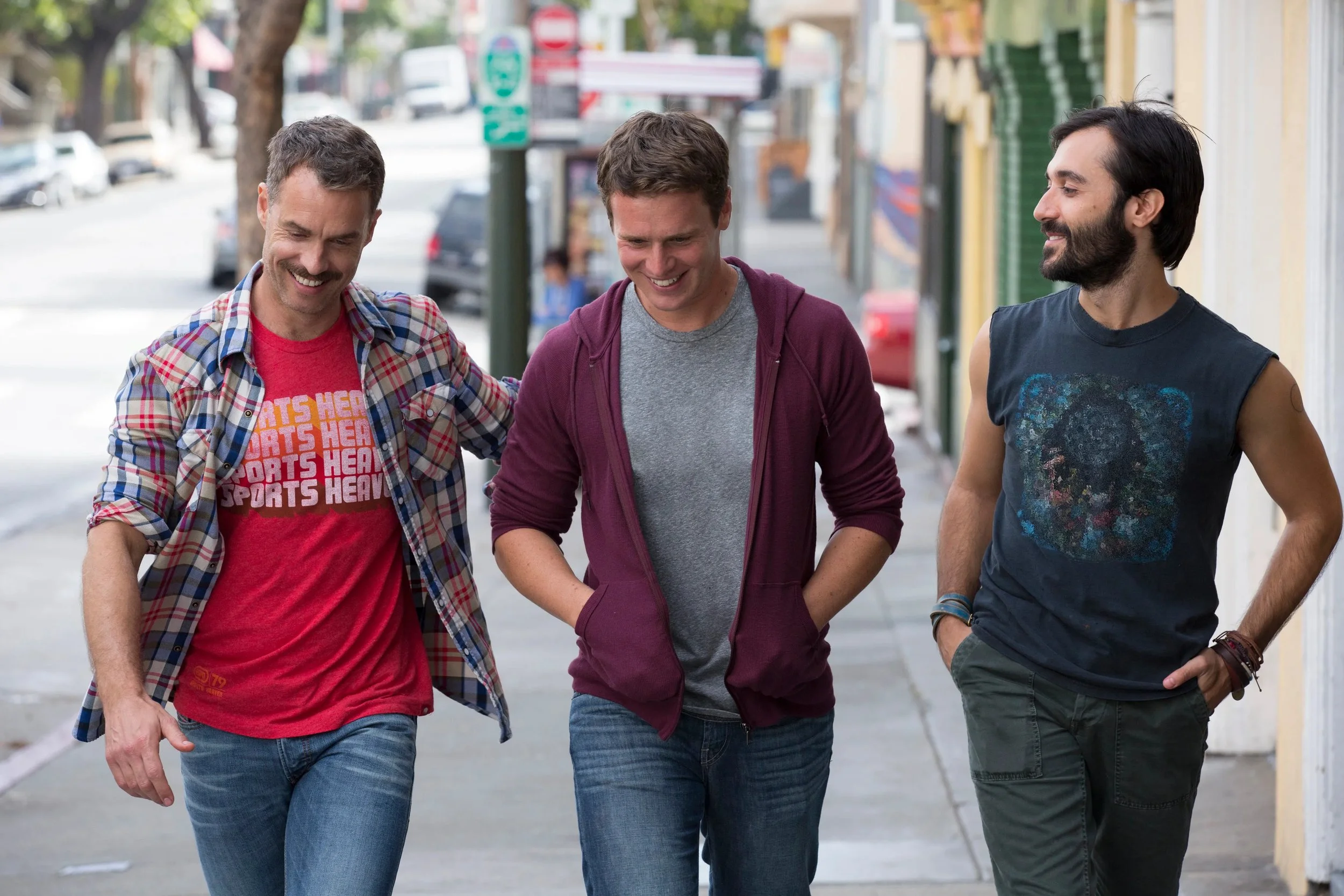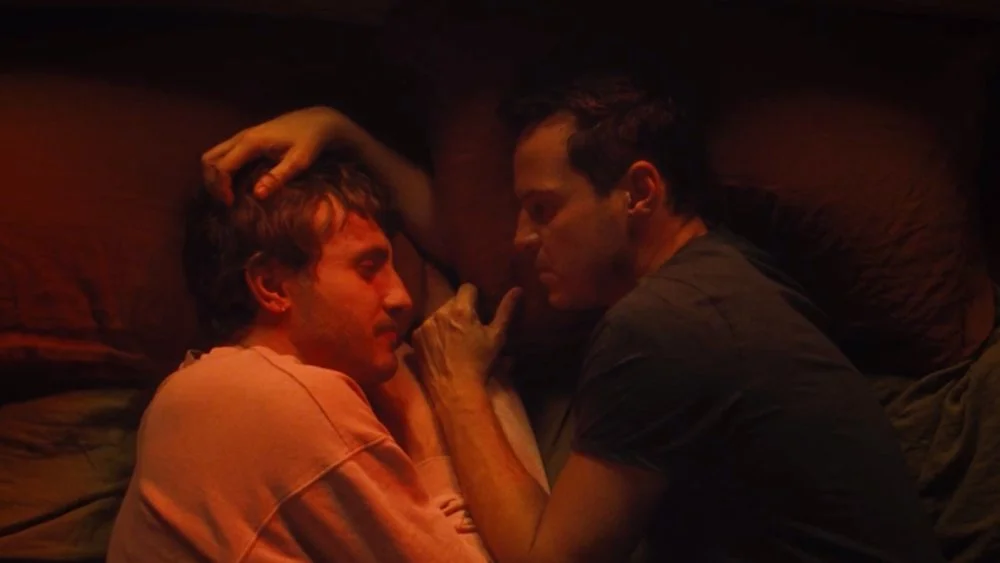Straight Actors ‘Playing Gay’? We Can Tell
The film and television industry continues to cast straight actors in queer roles, but why aren’t queer actors and creators being given the chance to portray their own stories?
I feel it’s important to preface that the idea for this opinion piece initially started as a joke amongst friends who share my love for queer media. The release of the trailer for the homoerotic and raunchy southern-themed, On Swift Horses, sparked the debate: Why is it so painfully obvious that straight actors are playing gay?
In this film, Jacob Elordi portrays the charismatic casino worker, Julius, who develops an unexpected romantic relationship with his co-worker, Henry (Diego Calva). A seemingly exciting and steamy premise for a queer film—however, watching the trailer and seeing the dynamic between these two, I simply wasn’t buying it. It’s something I can’t exactly put my finger on, but there’s often an air of inauthenticity that accompanies such performances from heterosexual men. They’re either completely stale or doing absolutely way too much. While I’m no actor, I’d like to think that if you are, it shouldn’t look like you’re being forced against your will to portray gay characters.
Now is this a baseless and subjective claim? Absolutely. But I can’t help but feel strongly about it, and the queer audiences aren’t buying the dream they’re selling either. Which begs the question: Why aren’t we seeing more queer actors in these roles? And wouldn’t they be able to portray these experiences more genuinely than their straight counterparts?
For as long as I can remember, straight actors have never shied away from taking on queer roles. I like to consider Heath Ledger and Jake Gyllenhaal in Brokeback Mountain as the leaders of the gay-for-pay revolution in acting. After the release of the film in 2005, straight actors in queer roles became the norm, so much so that this began to overshadow the representation of actual queer talent.
While there’s nothing inherently wrong with straight actors playing gay—I mean it is their job— it does get quite frustrating seeing inauthentic portrayals of the experiences of complex queer characters.
Nicholas Galitzine is a repeat offender when it comes to playing queer roles. He’s even expressed guilt in taking these parts that could otherwise be offered to his queer counterparts. Most recently, he starred across Taylor Zakhar Perez in the film adaptation of the critically acclaimed teen romance novel, Red, White and Royal Blue. As cliché—and honestly cringe—as this movie was, it was refreshing to see positive queer representation that wasn’t solely centred on trauma narratives. While the film had its moment in the spotlight, I feel it could have been so much more culturally significant if actual queer actors were cast and not just straight men portraying the dated masc-for-masc romance trope.
HBO’s Looking is a great example of the importance of representation in casting and writing. The show was essentially a queer Sex and the City that followed a group of three gay 30-something friends living in San Francisco and how they navigate love, identity and sex. It was unfortunately cancelled in 2016 after two seasons (and a movie) due to a lack of viewership and low ratings—but there’s no doubt it was ahead of its time. While it was far from perfect, it was amazing seeing such relatable and authentic characters being portrayed from a place of experience as opposed to just imagination.
The HBO series was created by gay filmmaker Andrew Haigh, who also recently directed another amazing queer project, All of Us Strangers, starring Andrew Scott and Paul Mescal. The film offers an honest, introspective look at the loneliness of the queer experience and how family trauma shapes internalised homophobia.
Paul Mescal gives an endearing, raw performance that captured the hearts of queer audiences. While yes, he is a straight man, I raise the argument that he's an exception to the rule. Maybe for some, his status as the internet’s fruity boyfriend granted him this privilege, but I feel this reception is a testament to the importance of stories led, written and directed by queer people. In an article by The Sunday Times, he actually addressed this and credited his queer co-star and crew for his authentic portrayal.
So if projects such as All of Us Strangers can achieve such positive responses from the intended audience, why aren’t more executives following its lead by prioritizing representation both on screen and behind the scenes?
A Vice article on the epidemic of lesbian characters getting killed off on primetime television touches on this topic. The decade-old critique attributes this lack of meaningful representation in both writing and casting to the straight white male decision-makers within the entertainment industry, who would prefer to see themselves on screen.
However, in recent years, there is no doubt that we’ve entered a new era of representation where queer stories are continually being valued and authentically represented. While there is still progress to be made, it’s refreshing to see once-excluded talent stepping into positions of power and shaping their narratives.
Shows and films like Heartstopper, Fire Island, Bottoms—and honestly anything by Luca Guadagnino—exemplify this shift. These projects don’t just throw in queer characters for diversity; they authentically explore the complexity of queer identity, love and friendship—something that, in its most genuine form, comes from lived experience.
This debate has been ongoing for years, and if we’re being honest with ourselves, there's no doubt that there will be countless more straight people poorly portraying the queer experience. Although, I hope that as more queer actors, creators, writers and directors step into the spotlight, the entertainment industry continues to invest in this talent and trust in their ability to authentically portray their stories.




